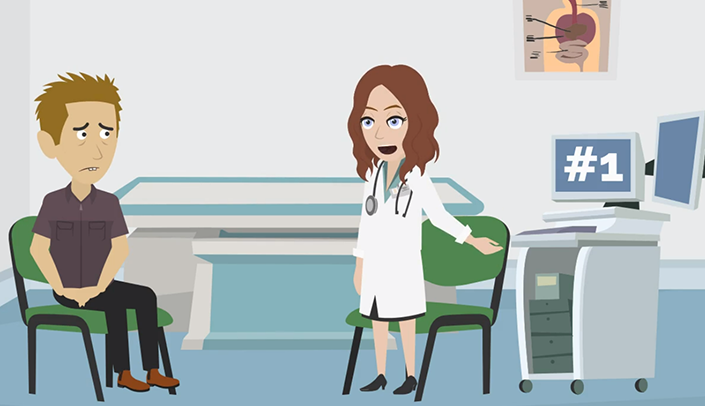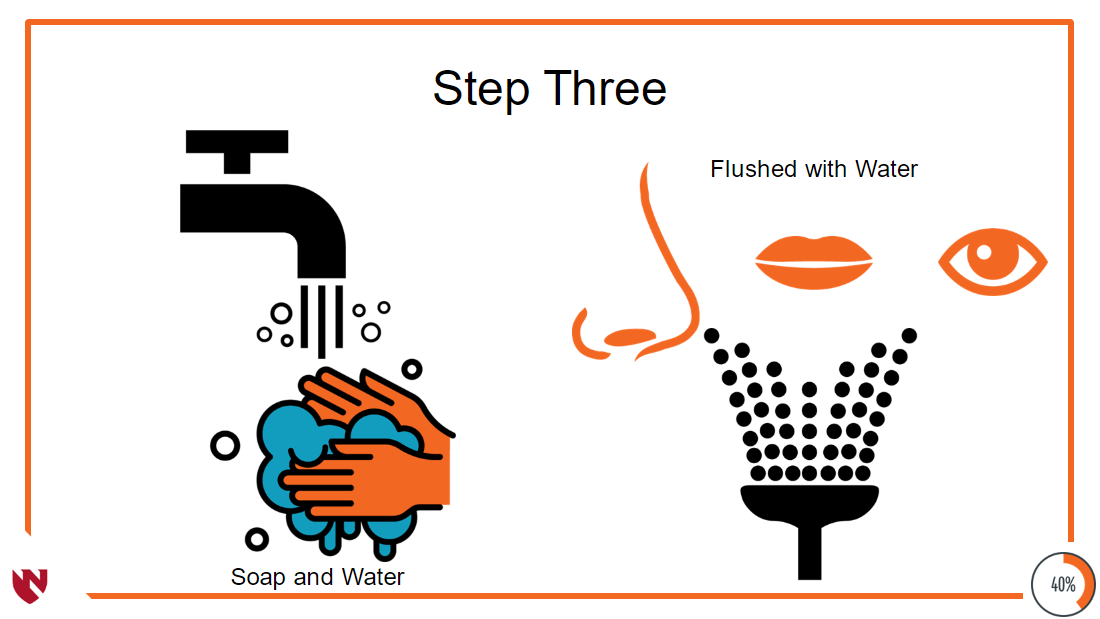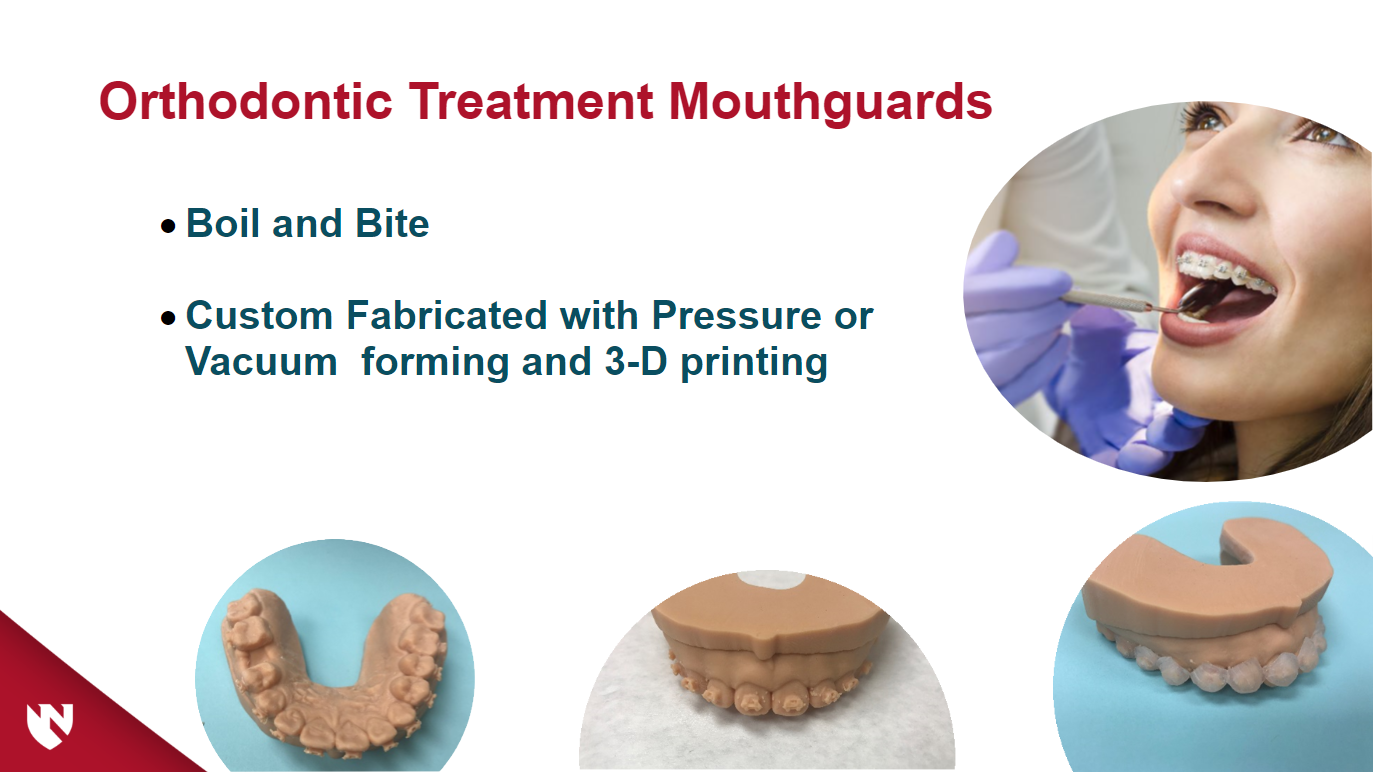New
 /10
/10
Vaping Prevention Lesson 7
An electronic cigarette (e-cigarette) is an electronic device that simulates tobacco smoking. In recent years, there has been a surge in adolescents vaping, with multiple adverse impacts on public health. This curriculum was developed to inform adolescents about the real cost of vaping and prevent tobacco companies from using e-cigarettes to hook a new generation of […]
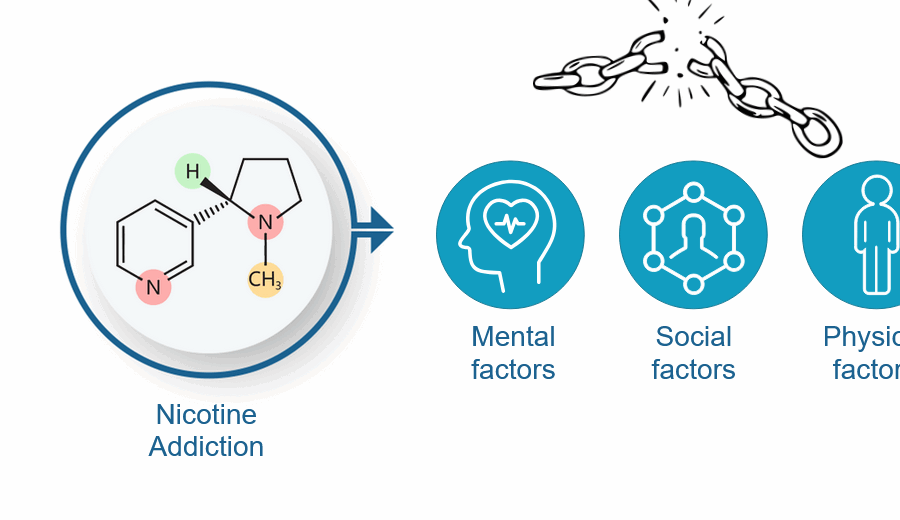 /10
/10
Vaping Prevention Lessons 4-5-6
An electronic cigarette (e-cigarette) is an electronic device that simulates tobacco smoking. In recent years, there has been a surge in adolescents vaping, with multiple adverse impacts on public health. This curriculum was developed to inform adolescents about the real cost of vaping and prevent tobacco companies from using e-cigarettes to hook a new generation of […]
 /10
/10
Your Body’s Defense: The Immune System
This module introduces the immune system through the analogy of a country’s defense. Learners will explore the major components of the immune system, understand how vaccines train the body to fight specific pathogens, and see how widespread vaccination protects entire communities by reducing the spread of disease.
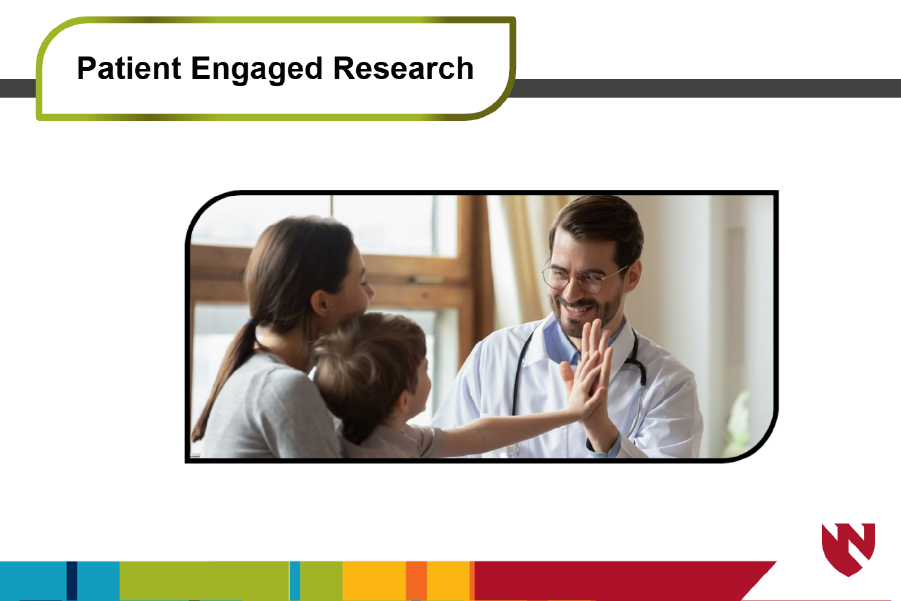 /10
/10
Pediatric Patient Engagement Overview
This module introduces principles and methods of patient engagement in health research, with an emphasis on pediatric research. Learners will also explore the benefits of engagement, such as increased trust, stronger recruitment, and more impactful research outcomes.
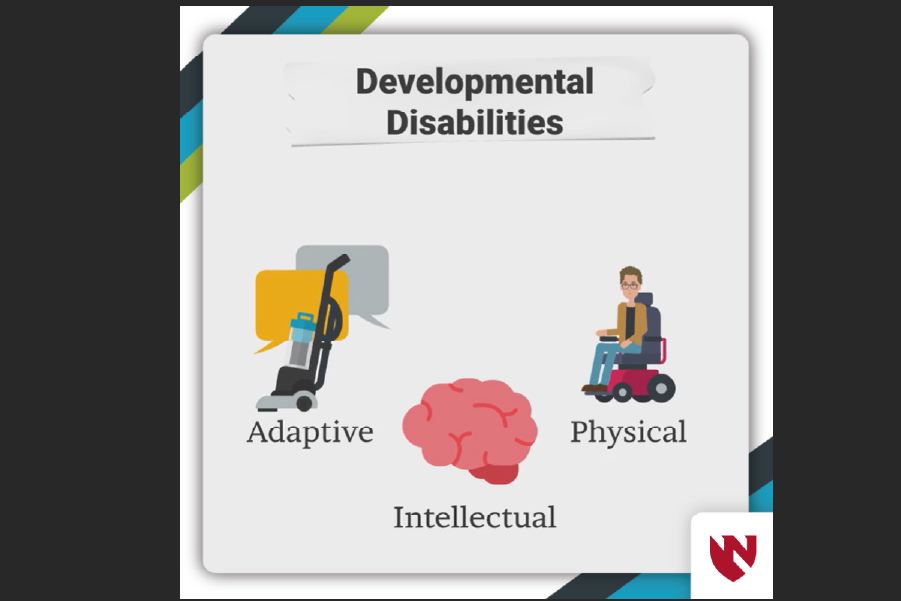 /10
/10
The History of Developmental Disabilities
This is part of a training for Direct Support Professionals. This module discusses the role of a DSP as well as common terms associated with intellectual and developmental disabilities. It also describes how the DSP role came to be and a brief introduction the the history of developmental disabilities.
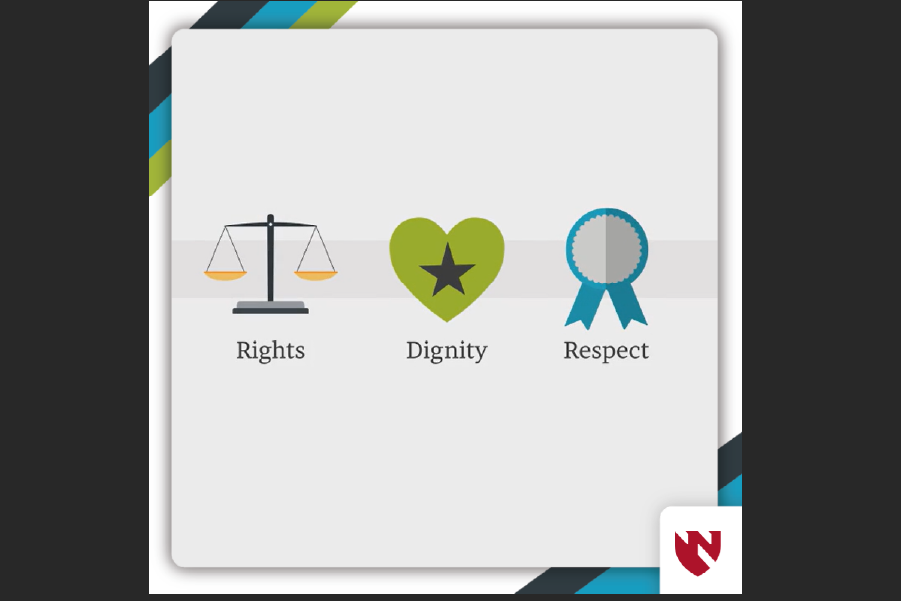 /10
/10
Rights, Dignity, Respect, & Choice
This is part of a training for Direct Support Professionals. In this module, you will explore two examples that will demonstrate how to apply strategies to uphold the rights, dignity, and respect of the people DSPs work with.
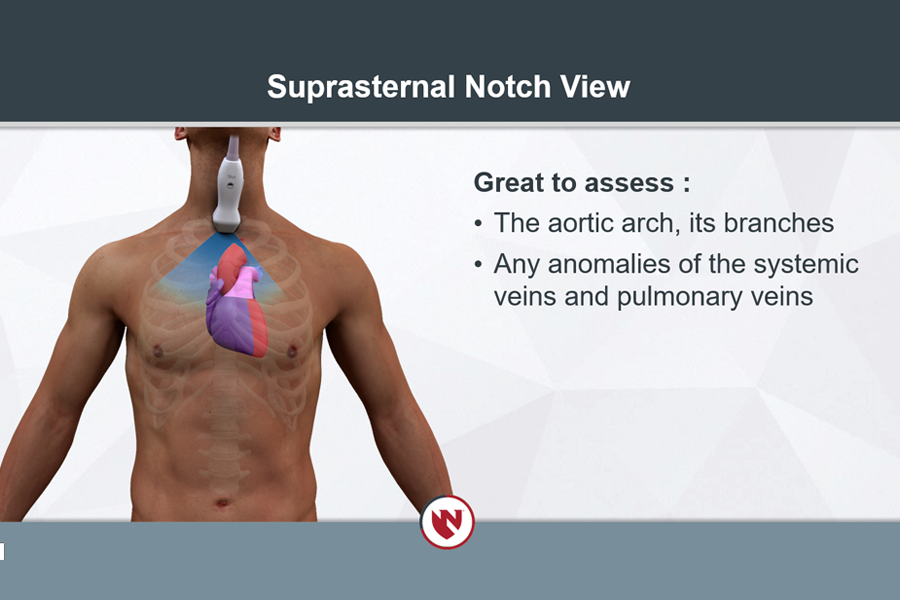 /10
/10
Cardiac Anatomy & Orientation of the 3D Heart Part 3
Did you know that the heart beats more than 100,000 times per day? How about that nearly 1 % of total births, or about 40,000 babies per year, will be born with some congenital heart defect? With ultrasound, we’ll be able to visualize this incredible organ and learn how to interpret those images. We will […]
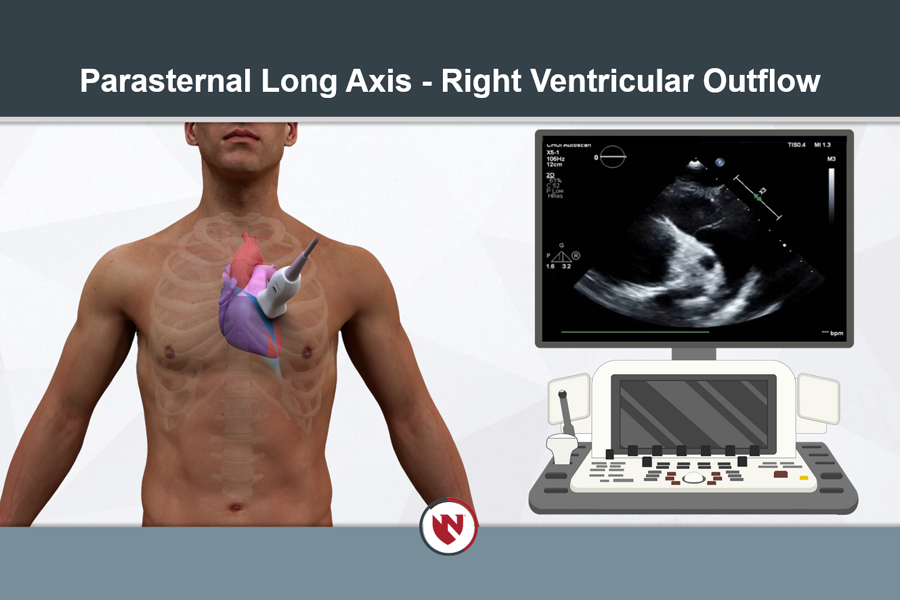 /10
/10
Cardiac Anatomy & Orientation of the 3D Heart Part 2
Did you know that the heart beats more than 100,000 times per day? How about that nearly 1 % of total births, or about 40,000 babies per year, will be born with some congenital heart defect? With ultrasound, we’ll be able to visualize this incredible organ and learn how to interpret those images. In this […]
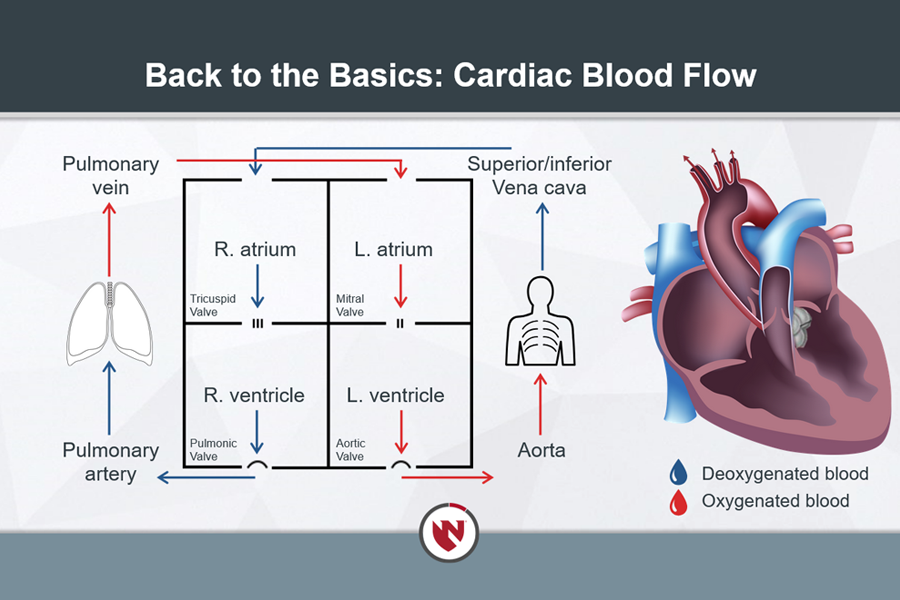 /10
/10
Cardiac Anatomy & Orientation of the 3D Heart Part 1
Did you know that the heart beats more than 100,000 times per day? How about that nearly 1% of total births, or about 40,000 babies per year, will be born with some congenital heart defect? With ultrasound, we’ll be able to visualize this incredible organ and learn how to interpret those images.
 /10
/10
The Neural Pathways of Opioid Use
This e-module describes the neural connections involved in opioid use disorders and explores key neurotransmitters and neuroanatomical regions affected by opioid use.




